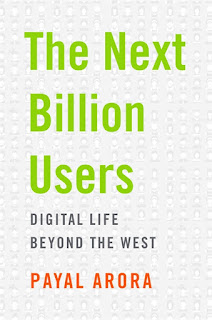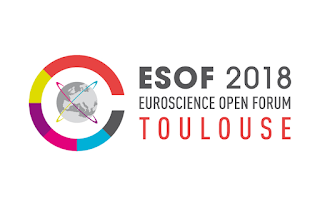Public talk on Decolonization, Resistance and Creativity

I will be speaking on a public panel event on " Big Data from the South: Decolonization, Resistance and Creativity" organized by Stefania Milan , the PI for the DATACTIVE ERC project at the University of Amsterdam and Emiliano Treré at the Data Justice Lab, Cardiff University. The wonderful panel of speakers include Nick Couldry (London School of Economics), Merlyna Lim (Carleton University) and Ulises A. Mejias (State University of New York, College at Oswego). The premise of this panel is based on the fact that datafication has dramatically altered the way we understand the world around us. Understanding the so-called ‘big data’ means to explore the profound consequences of the computational turn, as well as the limitations, errors and biases that affect the gathering, interpretation and access to information on such a large scale. However, much of this critical scholarship has emerged along a Western axis ideally connecting Silicon Valley, Cambridge, MA and Northern













